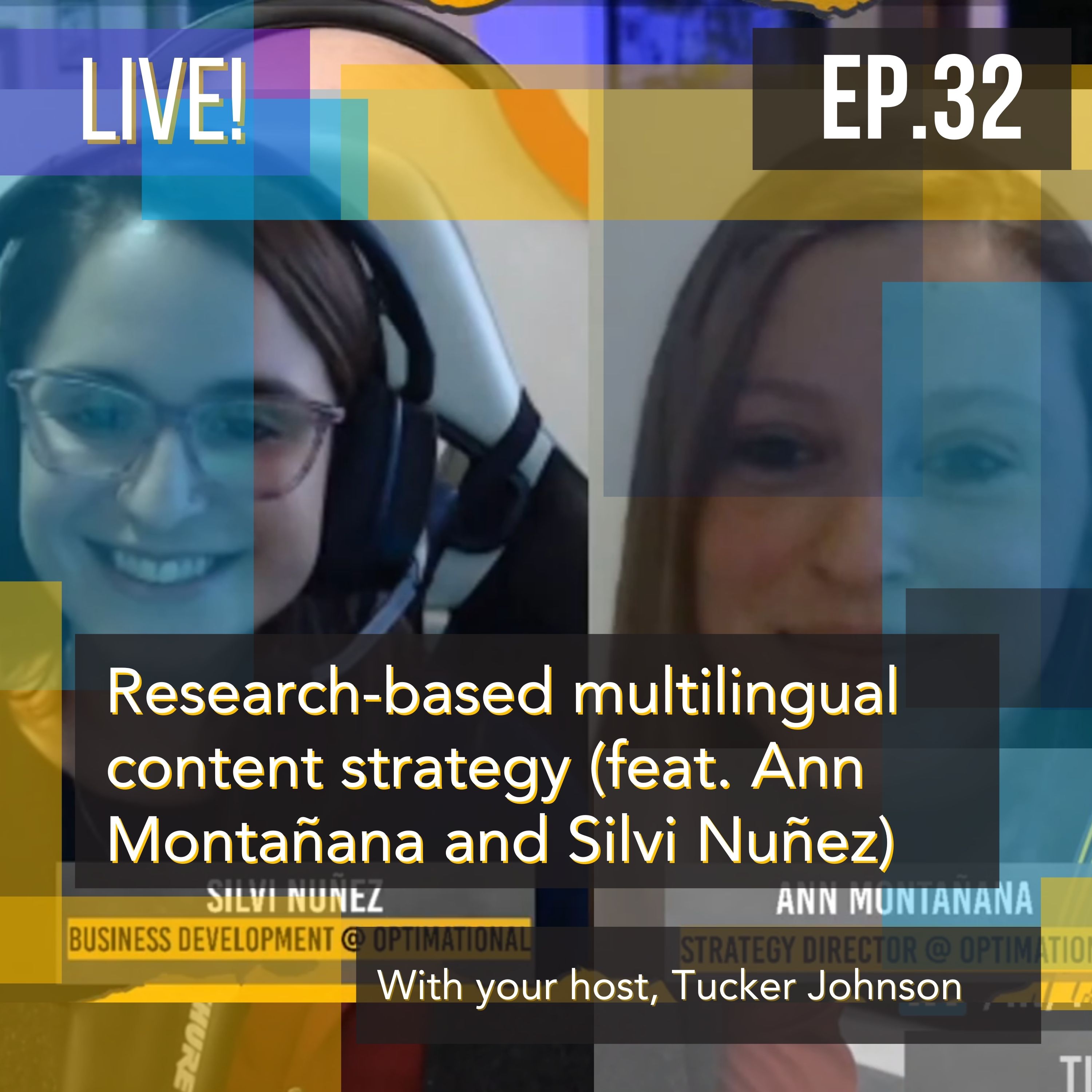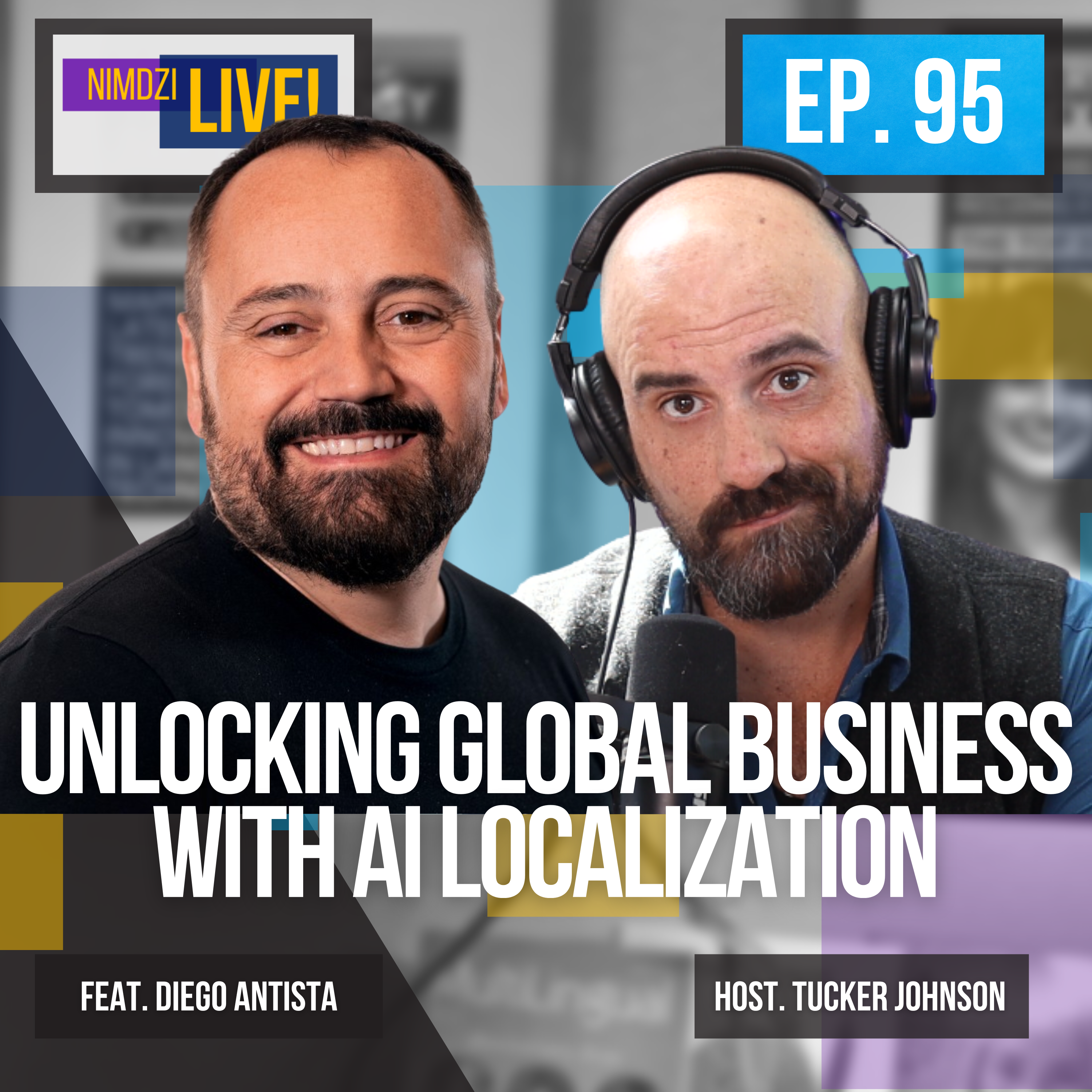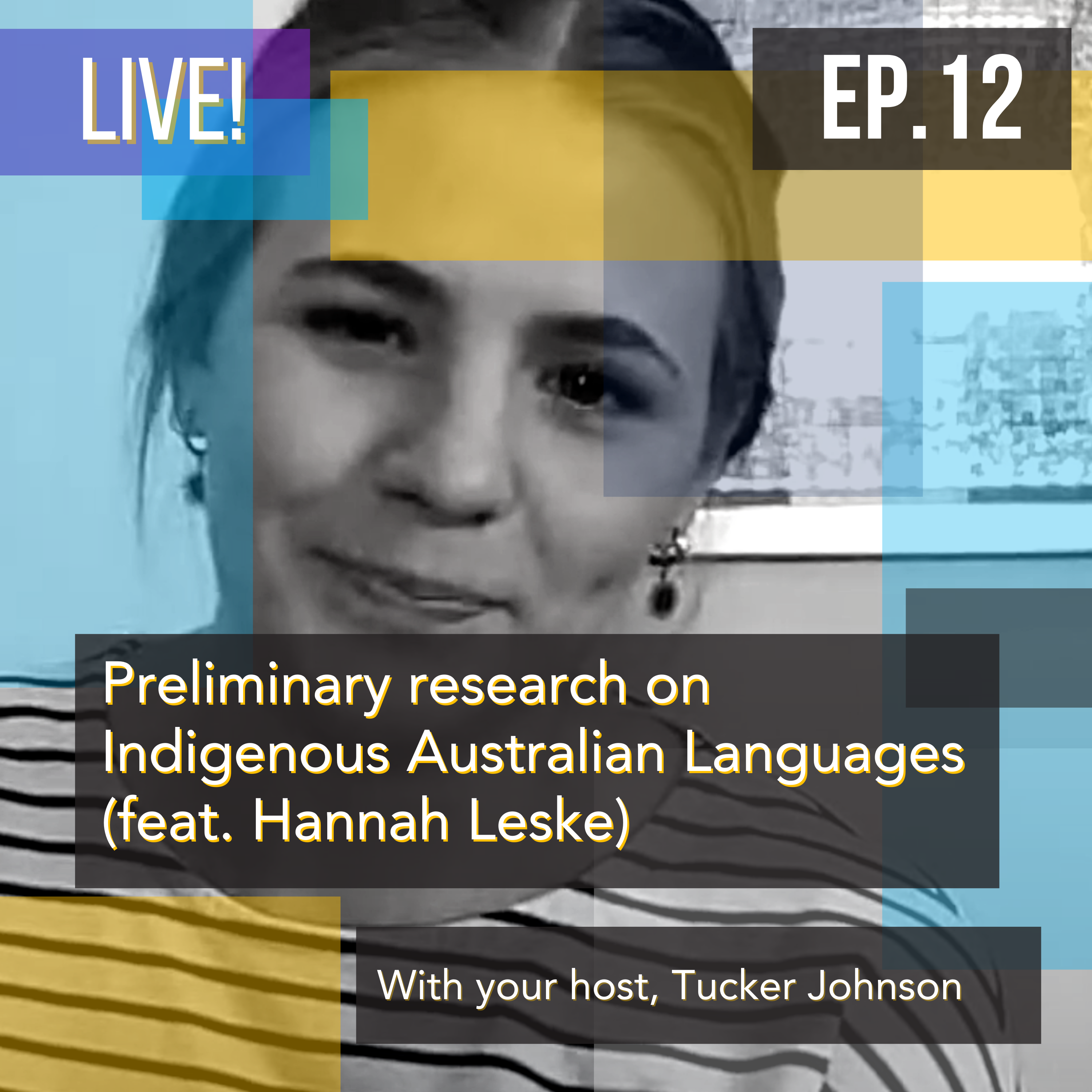In this episode of Nimdzi Live, we dive into the world of cultural intelligence and next-generation localization with Jordan Koziol-Repia of Kiwa Digital, a pioneering force based in Aotearoa, New Zealand.
Discover how Kiwa is blending Indigenous knowledge, digital storytelling, and voice technology to break language barriers and create inclusive, multilingual content across the globe. KIWA Digital is transforming the way stories are told and preserved.
At the core of KIWA’s innovation is VoiceQ, the gold standard in dubbing and localization software. Used by industry giants like Netflix, Disney, Amazon, DreamWorks, and major gaming and broadcast studios, VoiceQ is revolutionizing how content is dubbed, adapted, and synchronized across languages and cultures.
Tune in to explore:
- How cultural intelligence powers global content strategies.
- The rise of Indigenous storytelling in digital media.
- How VoiceQ is accelerating dubbing workflows with AI.
- Best practices for seamless multilingual localization.
About Jordan: Jordan’s journey from Wairoa to Auckland reflects his passion for Māori media, storytelling, and tech innovation. With nearly 15 years at KIWA Digital, he’s led dubbing projects for global giants via VoiceQ. Rooted in whanaungatanga and Tikanga Māori, Jordan uplifts others through culture-driven tech and creative excellence.
About Nimdzi Live: There is a shadow industry driving the growth of ALL global brands: Localization. Let’s talk globalization, localization, translation, interpretation, language, and culture, with an emphasis on how it affects your business, whether you have a scrappy start-up or are working in a top global brand.
Would you like to be a guest on Nimdzi Live? Or you know somebody who should? Email [email protected] or reach out to [email protected] so we can coordinate!

Today we discuss how a well-designed multilingual content strategy, supported by market research, can make a great impact on business expansion. This topic was...

Join us for the next episode of Nimdzi Live as we dive into the future of localization with a true industry visionary, Diego Antista.Diego...

Hannah Leske is currently researching the landscape of indigenous languages in Australia. We talk with her today about some of the information that will...